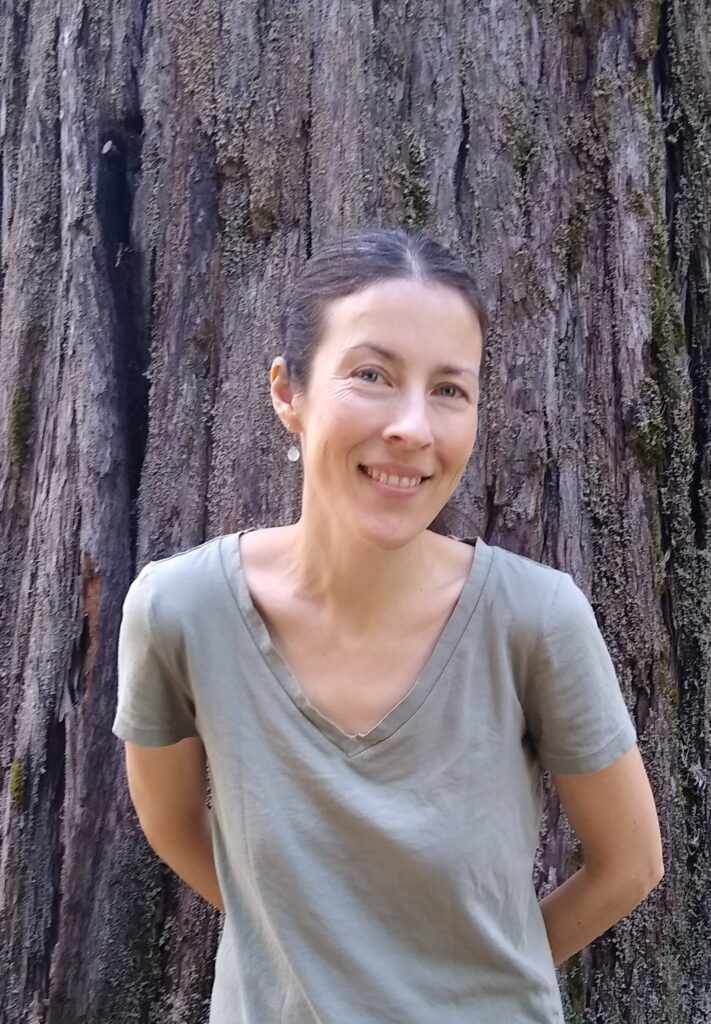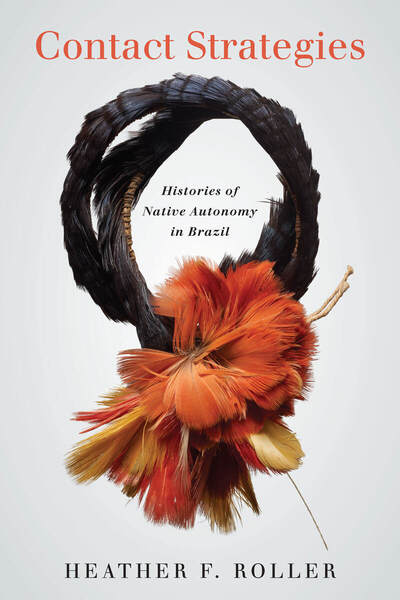Welcome! I’m a Professor of History and Environmental Studies at Colgate University, where I teach courses on global environmental history, Brazil, and the histories of Native peoples in the Americas.
I’ve published two books about Indigenous history in Brazil, mostly focused on the eighteenth and nineteenth centuries. Whenever possible, I looked for Native voices in the historical sources, and this search brought me to regional archives across Brazil, from the Amazonian port city of Belém to the far-western city of Cuiabá. There I found documents that gave a close-to-the-ground view of life in riverine villages, frontier outposts, forest encampments, and long-distance canoes. You can read more about my books here; see below on Contact Strategies, published in 2021. I enjoy discussing my work with students, so please reach out if you’re teaching a class for which you’d like to arrange a visit.
My current book project explores the changing cultures of agricultural chemical use from around 1970 to the present. Although focused (for now) on the United States, I came to this topic via Mato Grosso, Brazil, where I saw the rapid expansion of GM soybean plantations. I began wondering about histories of agrichemical transformation in places closer to home. As part of this research, I’m conducting oral history interviews with different kinds of farmers, as well as people living and working in proximity to agriculture, in rural New York, Iowa, and California.

I’m interested in experimental and literary approaches to writing history. In 2020, I published a personal essay called “A Shared Toxic History” in the American Historical Review’s History Unclassified section. In that piece, I traced my own efforts as a historian, daughter, and patient to reckon with past toxic exposures and the long latency of cancer.
I grew up in northern California, but now I live in the rural center of New York State with my husband and daughter, along with a dog and two draft horses. For over a decade now, we’ve attempted to grow as much of our own food as possible. [Photos here!] I feel lucky to spend so much time with my hands in the dirt, thinking about worms, bees, rain, and other earthly things of fundamental importance.
Contact: hroller [at] colgate [dot] edu
A new history of contact, attuned to Indigenous aims and perspectives.
Stanford University Press, 2021
“This beautifully written and deeply researched history opens new interpretations of both peaceful and violent contacts among Indigenous peoples and colonial settlers, missionaries, and traders. Heather F. Roller highlights stories of engagement across Native Brazil, focused on the Mura and Guaikurú’s emblematic strategies for autonomy that shaped the sertões and framed the survival of their present-day descendants.”
—Cynthia Radding, University of North Carolina, Chapel Hill
“Indigenous people living independently from colonial and national rule used to cover much of the American continent. This book compellingly tells the vigorous histories of key Indigenous societies around Brazil and its western borders. Roller’s groundbreaking study is timely, stirring and revelatory.”
—Mark Harris, University of St Andrews, Scotland
